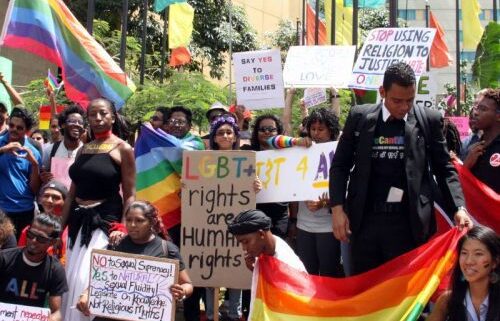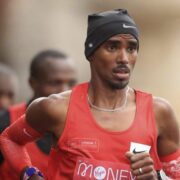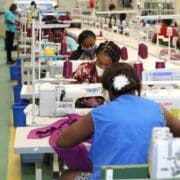Antigua, region must have a fund to support women’s and LGBTQI+ rights
Black Immigrant Daily News
Despite a thriving presence and rich history of feminist activism and social change, the Caribbean has long been one of the only regions in the world without a dedicated philanthropic fund focused on women’s and LGBTQI+ rights.
A new study finds resounding support to change that, pointing to the power and promise of women’s and LGBTQI+ movements working across the region, and the opportunity for donors to support their work with sustained and flexible funding.
If not now, when? A Feasibility Study for a Caribbean Fund for Women’s and LGBTQI+ Rights draws on engagement with activists, civil society leaders, and philanthropic donors— including a survey, three stakeholder sessions, and a public forum—as well as a review of literature and reports about women’s rights and LGBTQI+ movements in the Caribbean, donor and philanthropic attitudes, and trends. Its examination includes potential sources of funding; structure, management, and governance; mandate and location; financial requirements; and a risk analysis.
“Over the past several decades, Caribbean feminist movements have been significantly underfunded. Many of the leading organizations working towards gender justice are operating on shoestring budgets with volunteers and unpaid staff. We are all united in the belief that our region deserves much better, “ said Amina Doherty. “The time is now for a Caribbean fund that resources the activism that is addressing the most pressing issues of our time, from climate change and gender-based violence to economic security.”
The study is based on the premise that “the lack of a fund in the Caribbean is not solely due to its feasibility, but is also related to the negotiation of power and what, whom, and what places are prioritized in philanthropic spaces.” The fact that the Caribbean is one of the only regions in the world without such a fund, the study notes, “has direct correlation to how little funding goes to movements in the region.” It finds that “funding in the region is still relatively small compared to similarly sized regions in the world”— while the funding that does exist is often “insecure, short term, and project-based”, with a patchwork of “funding agendas…set by external actors.”
A Caribbean-led fund could go a long way in addressing these challenges, improving both the quantity and quality of funding for movement leaders. Establishing a regional fund could play a critical role in supporting the sustainability and growth of women’s rights and LGBTQI+ organizations at grassroots, local, and national levels, while also putting in place strategies to optimize resource mobilization, grantmaking, and capacity-building as conduits for supporting activism, the study finds.
“A Caribbean-led fund would unleash a ripple effect of change on two levels. It’s an exciting opportunity to increase resources for the region through direct grantmaking. And it would serve as a powerful base for philanthropic advocacy to leverage far greater resources from across the entire field for many years to come,“ said Tamara Huggins.
Along with opportunities, the study notes challenges that should be addressed and researched more deeply, such as the logistics of operating a fund across such a culturally and linguistically diverse region with varied colonial legacies. Yet as the experience of other funds in regions with similar challenges clearly demonstrates, the challenges are surmountable.
Women’s and feminist funds have long played a crticial role in supporting locally-led activism across the globe. According to Gendernet: “Supporting women’s funds is one of the most effective ways for donors to get resources to southern women’s rights organisations and movements […]. They are uniquely well-connected with women’s rights organisations at the grassroots level and can reach small and emerging groups that are less able to access larger sources of funding.” A feminist fund in the Caribbean could stabilize support for local changemakers, helping to unleash their full potential to drive lasting change in the region.
The study was initiated by Women’s Voice and Leadership – Caribbean, a partnership of the Equality Fund and the Astraea Foundation for Justice to to resource women’s rights and LGBTQI+ organizations in the Caribbean region. A five-year (2019-2024), $4.8 million CAD initiative, WVL-Caribbean is demonstrating what becomes possible when movement leaders have sustained support to lead change on their own terms, according to their own agendas for the region. The initiative is funded by the Government of Canada.
CLICK HERE TO JOIN OUR WHATSAPP GROUP
NewsAmericasNow.com










Leave a Reply
Want to join the discussion?Feel free to contribute!